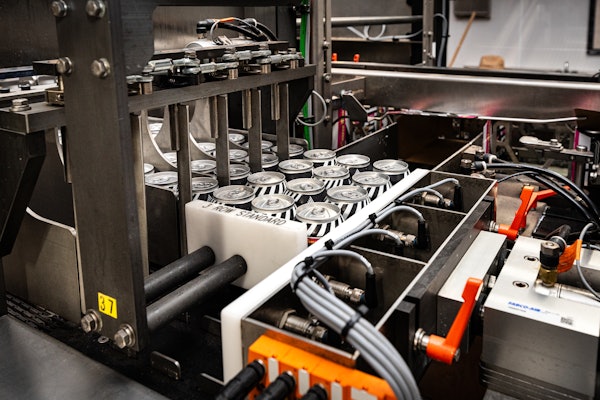
The American Institute of Chemical Engineers’ Institute for Sustainability (IfS) has announced the creation of the Sustainable Packaging Cosmetics Roundtable (SPCR). The goal of the roundtable is to enhance the ability of its members to make their own individual choices as to how to interact with suppliers, retailers, and consumers with respect to sustainable packaging. Inaugural members include Avon Products, Inc.; Chanel, Inc.; Coty, Inc.; The L’Oreal Group, Mast Global Beauty & Home; and The Estee Lauder Companies.
“Cosmetic companies are becoming more aware of the importance of sustainable packaging within their corporate social responsibility initiatives,” says John Delfausse of Estee Lauder and current chair of the roundtable. “The demanding requirements for innovation and performance make sustainable packaging design a challenge in today’s competitive environment.”
According to roundtable participants, another challenge is deciding how your company drives and measures progress in sustainability. Darlene Schuster, executive director of the Institute for Sustainability, says her group’s involvement in the cosmetics roundtable comes from its experience in getting experts in other industries, from both large and small organizations, “to collaborate on identifying the stakeholders involved and the key factors of sustainability improvement and success.” She explains that, as cosmetic companies develop design guidelines and common metrics for measuring sustainability accomplishments, and deal with extended producer responsibilities in product and packaging life cycles, “there are lessons to be learned from a broad spectrum of industries.”
Delfausse says that SPCR companies realize “the importance of adopting a new vision for packaging; one emphasizing a “design, reuse, and recover’ model, rather than the traditional ‘reduce, reuse, and recycle’ approach.” He adds that SPCR’s ultimate goal is promoting economic and environmental health through supply chain collaboration.
Since its initiation, the roundtable has identified responsible material sourcing, responsible manufacturing practices, and responsible product stewardship as key elements of achieving that goal. By identifying and working with materials and suppliers that are unique to the cosmetics industry, the roundtable members believe they will be able to realize opportunities for a more sustainable cosmetic industry.

























